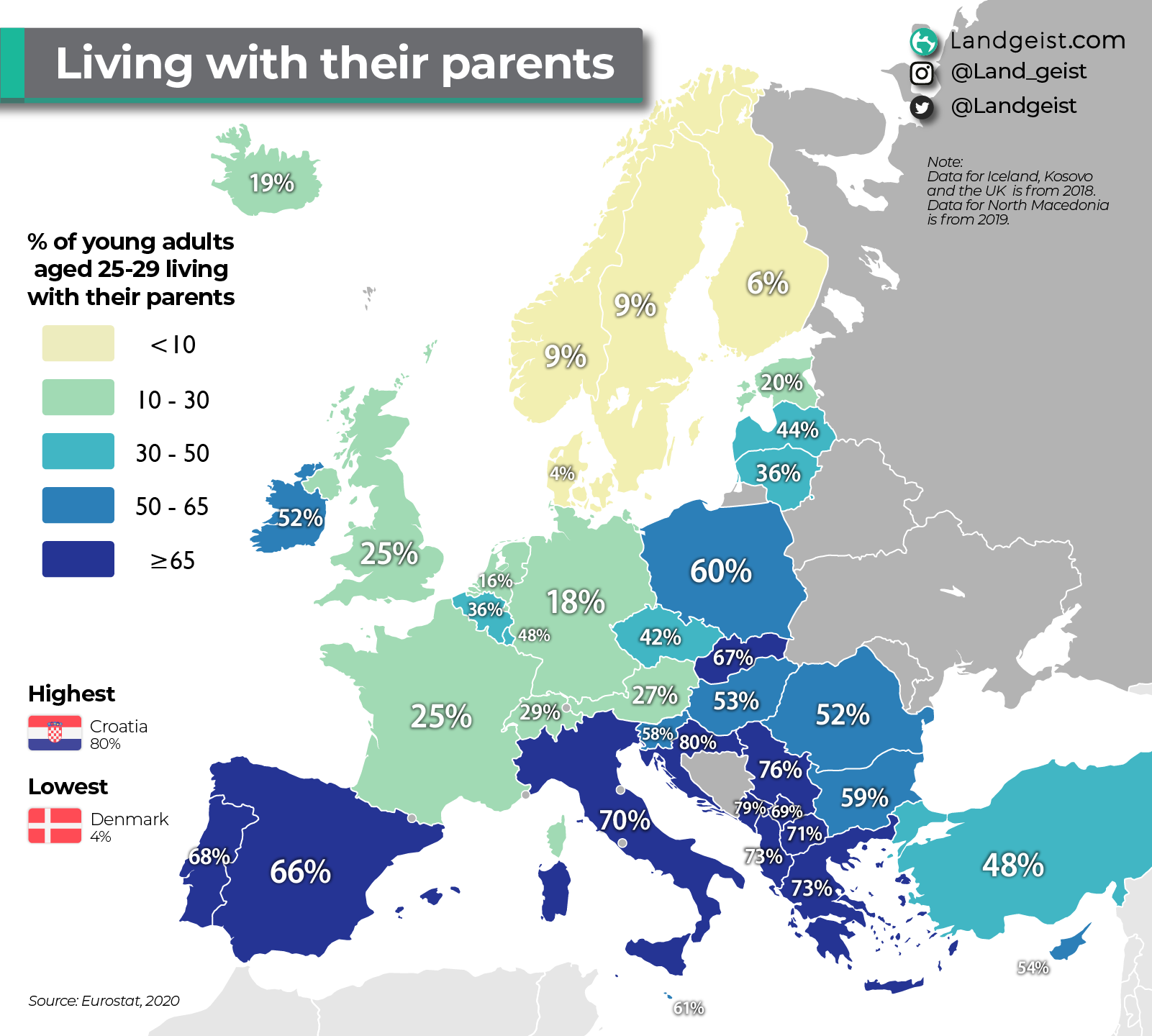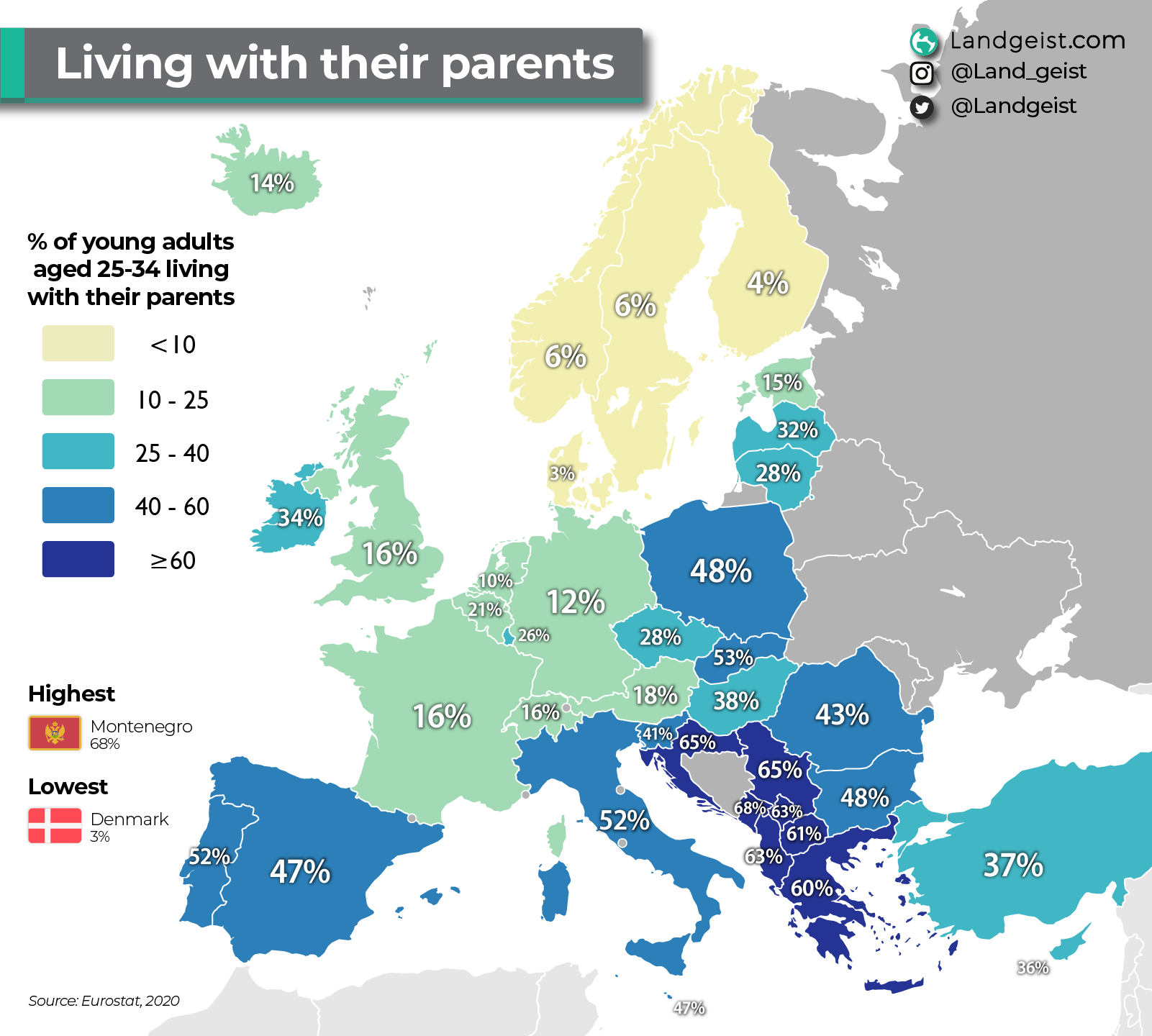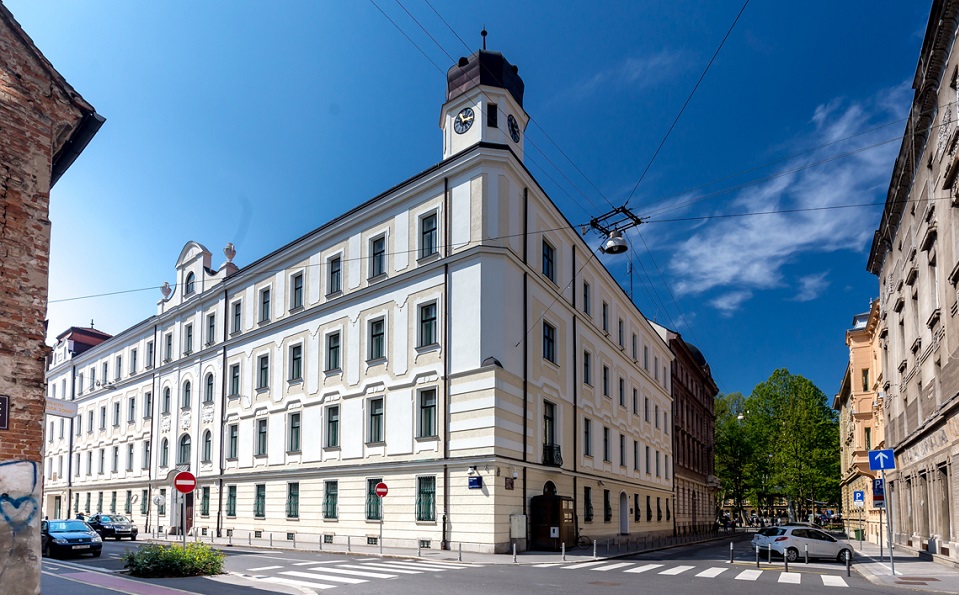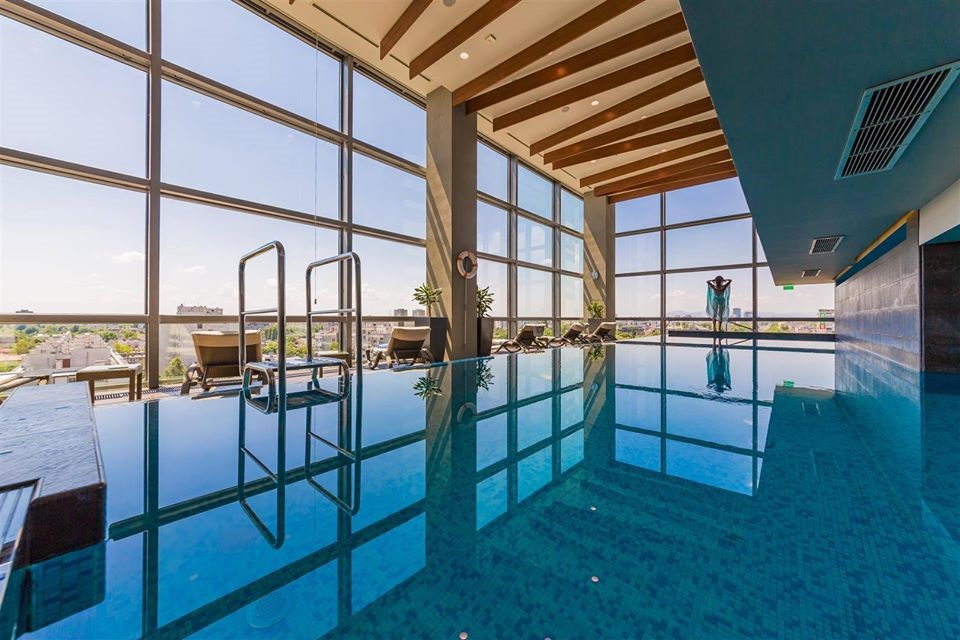Croatia, the European Country with Most Young Adults Living With Their Parents
June 11, 2022 - With official Eurostat figures shown through a map designed by the Landgeist portal, it is shown that Croatia is the European country with the most young adults living with their parents.
Several factors could be attributed to the fact that Croatia ranks first among the countries with the highest percentage of young adults (25-29 years old) who still live with their parents. High rental costs, family businesses, or it could even be an attachment issue. The fact is that 80% of young adults in Croatia have not yet left the nest.
Although Croatia is the European country that stands out from the rest, the same trend can be highlighted in other countries of the Balkan region, such as Serbia (76%), Montenegro (79%), Albania (73%), Kosovo (69 %) or North Macedonia (71%).
Landgeist is a web portal that compiles and analyzes statistics from different countries and continents of the world, on a wide variety of topics, and designs maps that help to better understand the analysis and compare the numbers between different countries or regions more easily. Landgeist commented on his most recent map of the percentage of young adults living with their parents:
''Until what age young adults live with their parents can depend on a lot of factors. Culture, housing, the economy, and religion can all play an important role in that. For this map, we can straight away see that there is a very strong geographical pattern for this subject.'', analyzed Landgeist.
''The differences in numbers are enormous in Europe. While only a very tiny percentage of Danes between the ages of 25 and 29 live with their parents, the vast majority of people in the same age group in the Balkans live with their parents.'', added the portal.

''As we start looking at south and eastern Europe, we can see that the percentages are mostly over 50%. The highest percentages can be found in the Balkans. In most of the Balkan countries, 70% of young adults live with their parents. The number is the highest in Croatia, where 80% of young adults live with their parents.'', said Landgeist.
''The data for this map comes from Eurostat. The data also includes people that live with only one parent''. For this dataset, Landgeist thought it would be most interesting to look at the oldest age group of young adults. ''The source data contains numbers for the ages of 16 to 34. However, there is no data for specifically the 30 to 34 group, only 25 to 34. Which is too broad of an age group, according to Landgeist. Especially because there often is quite a bit of a difference between people in their late twenties and early thirties when it comes to job stability and income.'', they added.
''The data comes from a survey and is collected through interviews. So, the data is not based on where people are officially registered. In some countries, young people sometimes stay registered at their parent’s place. While in reality, they live elsewhere to study. This could skew the data for some countries. Fortunately, this dataset is based on where people actually live, instead of where they’re registered.'', Landgeist precise.

The web portal, using another source, also designed a map to analyze the situation of young adults between 25 and 34 years old, and in it Montenegro now leads, with 68%. However, Croatia remains in the top spot, this time tied second with Serbia, with a percentage of 65%.
For more, check out our lifestyle section.
Croatia EU Presidency: Zagreb Apartment Rentals Fail Expectations
The Croatia takeover of the six-month rotating presidency of the European Union has not impacted the real estate rental market in Zagreb the way many had expected, at least in terms of renting out high-priced attractive apartments in the center of the city and nearby areas.
Very High Zagreb Expectations Have Fizzled
As reported by ZagrebInfo on December 2, 2019; several Zagreb landlords had evicted their long-term tenants to cash in on higher Western EU monthly rental prices, leaving their stunned evicted tenants to scramble for alternative housing. Unfortunately, that much-hyped cash cow has failed to produce any real milk.
Realtors and Zagreb Landlords Surprised by Lack of Interest
“Expectations were very high, and many Zagreb residents have been calling us off the hook. They’ve eagerly left their information and addresses, and emphasized that they would move out of their apartments in top city locations immediately if they could rent them out for a half year, but there hasn’t been any interest. Seduced by the thought of a possible apartment shortage in Zagreb during the EU presidency, some owners even preemptively raised their rental prices,” observed Lana Mihaljinec Knežević, owner of Zagreb West Agency.
Boro Vujović, Director of the Opereta agency confirmed similar observations.
“The owners long-term apartment rental properties had big expectations, but nothing significant has happened. We have only rented two apartments for this purpose (EU government officials),” Vujović revealed to Korana Sutlić/Novac/Jutarnji List on January 12, 2020.

Zagreb West Agency
Croatia EU Administration Run Locally: Guests Not Long-Term
Lana Mihaljinec Knežević explained that the administration associated with the rotating presidency is run from Croatia with domestic resources. The guests who arrive from other EU states are not permanent guests, but occasionally show up to attend various meetings, summits and similar events.
Several apartments were reserved in the center of the city for these occasions, but nothing significant has happened for quite a while. These rentals (for EU government officials) can be counted on just one hand.
“For the time being, we just haven’t seen any interest in this area. We certainly expected interest, but nothing has happened. And we do not see an increase in the number of reservations compared with last year,” said Igor Kordić, co-founder of Irundo, a leading short-term rental company in Croatia. They handle several apartment rental properties in the center of Zagreb.

Hilton Double Tree Gets Fifth Star for EU Arrivals
Five Star Hotels in Big Demand: One Hotel Gets Fifth Star
Shortly before the beginning of the EU presidency, several ministries sought five-star hotels in Zagreb for short-term guest accommodations. For this reason, some hotels recently underwent upgrades, like the Hilton Double Tree Hotel, which became a five-star hotel.
HUP Zagreb indicated that highest category hotels, including The Westin Zagreb and Sheraton Zagreb, have generated the most interest during Croatia’s EU presidency. They are both reporting a high occupancy rate during the this 6-month period, as are their other high category hotels: Panorama Zagreb and International.
“Our hotels have a highly capable team of professionals who have hosted numerous international conferences and summits for many years, and our hotels, restaurants and conference halls are prepared for these upcoming events. Regarding our presentation of Croatia’s gastronomic options, we will be preparing special menus for the EU delegates to showcase our diverse selection of cuisine,” says Sara Valentić of the Marketing Department from the Croatian Consulate General in Zagreb.
Four Star Downtown Hotels Seeing Very Little Traffic
However, not all high-category hotels in Zagreb are in the same situation.
“We have not yet encountered any interested guests associated with the EU Council Presidency. It’s possible that one of them could occasionally stay with us for a short time, but we are not seeing that right now,” said Tomislav Kuliš , Director of the Palace Hotel, a four-star hotel located on Zrinjevac Park, right in the heart of the Croatian metropolis.
Follow our Travel page to keep updated on real and anticipated tourism opportunities in Croatia.
Rent in University Cities Increases
Zagreb is the most expensive - on average, renting a 40 m2 apartment costs HRK 2,777.


